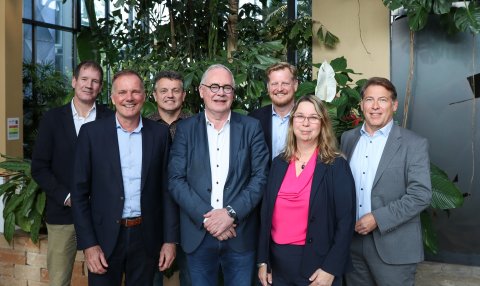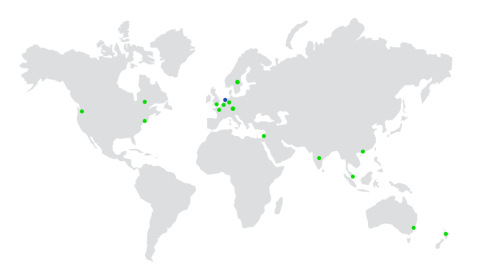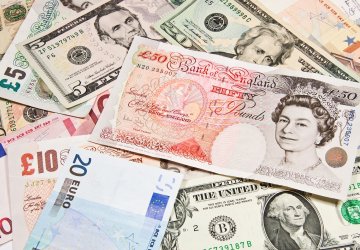
Major technological advances, such as programmable, digital currencies, smart, self-executing and self-enforcing contracts, and ownerless blockchain ledgers are all changing the way we look at money. In turn, this will change the way we conduct business. All industries will be affected by this new layer of the internet, often called the Internet of Money or the Internet of Value, but nothing has more potential to be transformed than real estate.
The Internet of Money Emerges
In 2008, a shadowy figure known by the pseudonym Satoshi Nakamoto published a paper describing a purely digital currency that he named Bitcoin, together with a mechanism for controlling it, which has now become known as blockchain.
Satoshi envisioned his digital currency for solving the problem of trust in electronic transactions - thus eliminating the requirement for a third party, such as a bank, to be involved as a trusted intermediary to verify the authenticity of a transaction. Bitcoin and the participants using it in each instance of a transaction would have a unique, digital identity that would be recorded in every transaction and tampering with this would be nearly impossible. For example, while a cheque can potentially be deposited - fraudulently - multiple times through photography, a bitcoin could not be duplicated for double-spending in this way. The underlying technology that supports this “trustless” disintermediated transaction system is called blockchain.
Understanding Blockchain
At its core, blockchain is a ledger. What makes it revolutionary is that is has no owner and no central repository. Instead, a copy of the blockchain ledger can potentially be installed on the computers of every party who has participated in the chain of transactions that it records.
It is also important to understand that blockchain currencies are not sanctioned by any government in any way as are national currencies. Use of them is essentially an agreement between participating parties that mutually recognise and accept the value.
One of the beauties of blockchain ledgers is that they are nearly impossible to corrupt. That isn’t to say that fraud isn’t possible as humans, after all, are endlessly creative. However, the very nature of blockchain as a distributed, ownerless ledger built on complex links hardens it against tampering.
Another potential benefit and capability of blockchain is that of programmable actions, which could lead to self-executing and/or self-enforcing contracts.
Possibilities for Real Estate
Imagine this scenario in the world of real estate: when a tenant has not made a scheduled rent payment for the third time, he is automatically locked out of his space, not because the landlord has acted physically, but because the lease is governed by a smart contract, executed through a blockchain ledger, which interacts with the programmable smart locks on the premises. Once the ledger recognises that the due date and any programmed “grace period” have expired without payment being received, it sends a message to the locking system to execute the lockout.
This is just the beginning. Escrow and title transfers are other topics that come up often in discussions on the potential for blockchain in real estate; a blockchain ledger could eliminate the need for a middle man or verification service, and all the fees associated with their services. Innovation with blockchain will take root in a number of settings, and as it does, our world will get that much more wired, connected and complex.
If you would like to read more about this topic, be sure to check out my entire series about the Internet of Money and its potential capabilities and benefits here.




















